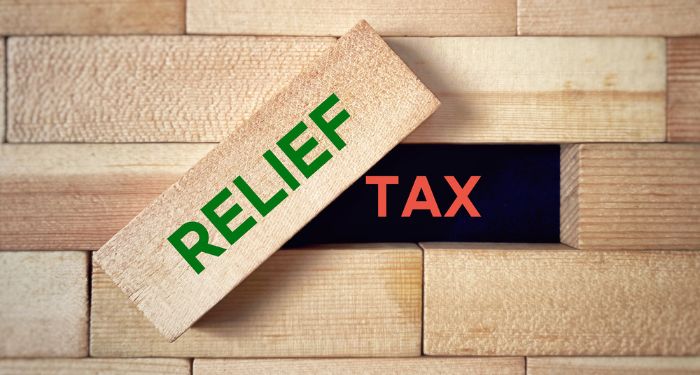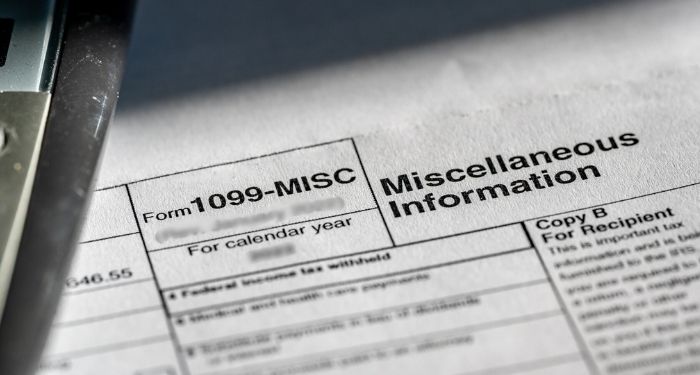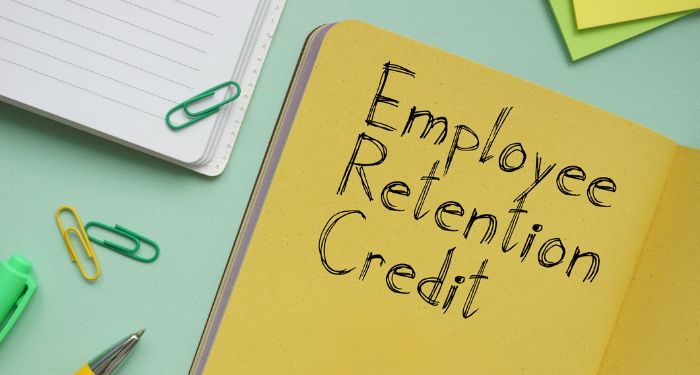
State and Local Tax
For many companies, state and local tax compliance can be a large challenge. Our State and Local Tax (SALT) Group will work with your company to manage your state and local compliance issues. We look to create solutions that are consistent with your company’s overall business objectives while maximizing your tax efficiency and minimizing your general business risk.
Although income taxes are normally at the forefront of a business, a taxpayer’s sales and use tax can be the most pressing concern for potential liability exposure.
McKonly & Asbury’s SALT Group provides solutions including:
- Sales & Use Tax Refund Reviews
- Nexus Studies
- Taxability Determinations
- Voluntary Disclosures
- Audit Representation
- Sales Tax Filing Services
After the landmark case regarding South Dakota vs. Wayfair 2018, states are rapidly changing their sales tax laws and it is important to note that this does not only affect online retailers. Not only must businesses keep up with the ever-changing requirements for filing in various states, but they must also determine taxability based on laws that vary from state to state. Businesses must ensure their processes are able to keep up with these changes, including purchasing, invoicing, collection, and remittance of both state and local sales and use taxes.
McKonly & Asbury’s SALT Group specializes in post-Wayfair analysis and can provide peace of mind that your business is sales tax compliant. We are able to assist in all aspects of sales and use tax, by establishing business compliance while avoiding state penalties through voluntary disclosures; as well as determining taxability by working alongside your employees and software providers to ensure tax will be remitted correctly going forward to avoid costly audits. Being closely involved in the process also allows us to identify any potential refunds that could be claimed in states where you are already remitting sales and use tax.
In addition to sales and use tax, McKonly & Asbury’s SALT Group consults related to:
- Corporate and Pass-through Income
- Abandoned and Unclaimed Property
- Local Business Privilege Taxes
McKonly & Asbury’s SALT Group offers numerous services, but one of the most beneficial services we provide is our sales and use tax review.
Our review can be part of our representation during a state sales and use tax audit or to determine potential refund opportunities or unknown tax exposure. This service is provided free of charge and is completed with the least amount of inconvenience for your business. The process includes:
- Discussing and analyzing your business operations to ensure we have a true understanding of your company.
- Reviewing the most recent state sales and use tax audits to determine potential issues to be aware of as well as identifying potential opportunities.
- Reviewing purchase invoices for a sample period of time to determine the accuracy and completeness of your sales and use tax reporting.
- Reviewing sales invoices and various legal contracts with customers and affiliated entities.
After our initial review, we will relay our findings and provide various options to address these, including:
- Summarizing the potential refund opportunities.
- Summarizing potential exposure items.
- Discussing whether a project should be initialized to seek refunds or address and fix exposure items.
- Discussing changes to current procedures to address potential exposure items.
With the passing of Wayfair, many businesses are concerned and confused about which states require sales tax collection and returns to be filed. A nexus study will look at your company’s potential state liabilities or requirements to file sales tax returns. “Nexus” is simply tax language for having enough contact with a jurisdiction to trigger a filing.
A short interview with appropriate personnel is the starting point for a nexus study in order for our team to gain an understanding of your company’s potential nexus based on all types of business activities. We will do a review of the states in which you have sales to determine if you have economic nexus. Once we make a nexus determination, a discussion on next steps and potential liability will follow to ensure that your business is compliant.
Taxability determinations consider whether products or services you sell are considered taxable in various states. This can be an important determination since under-collecting sales tax from customers can result in you paying your customer’s liability to the state! Taxability determinations can also be used to decide whether you should be paying tax on recurring purchases, since use tax is still due to the state on items where the vendor did not charge sales tax.
This service can be highly tailored to your needs and often takes the form of a spreadsheet or flow chart. Often, these types of charts are used by purchasing or billing personnel to reference during the normal course of business to avoid inconsistencies or time-consuming determinations about whether to collect or charge tax.
“Coming clean” can often be the most beneficial approach. For businesses that find they have unreported liabilities in other states, coming forward voluntarily provides the benefits of a reduced “look-back” period and abatement of penalties. Remaining anonymous in these programs until approved is key, so using a third party representative is highly recommended. Often businesses try to register in a state on a go-forward basis and then are surprised by penalties assessed by the state.
Our team will review your potential liability and communicate directly with the state on your behalf (while you remain anonymous), until an agreement is reached so you can come clean with the state without unexpected penalties.
Taxpayers often handle state sales & use tax audits and only seek assistance after a tax has been assessed. We believe we offer an invaluable service to our clients to help them prepare for an audit and deal directly with the auditors throughout the process, thereby allowing taxpayers the opportunity to focus on their business!
- Pre-audit assistance
- Management of the actual audit
- Review refund and credit possibilities
- Representation through the administrative appeals process
- Settlement negotiation
Featured Team Members
Contact Us




